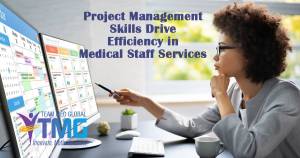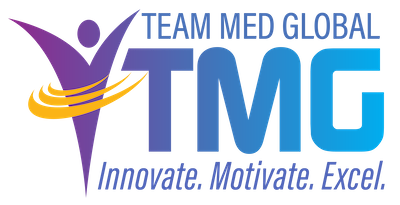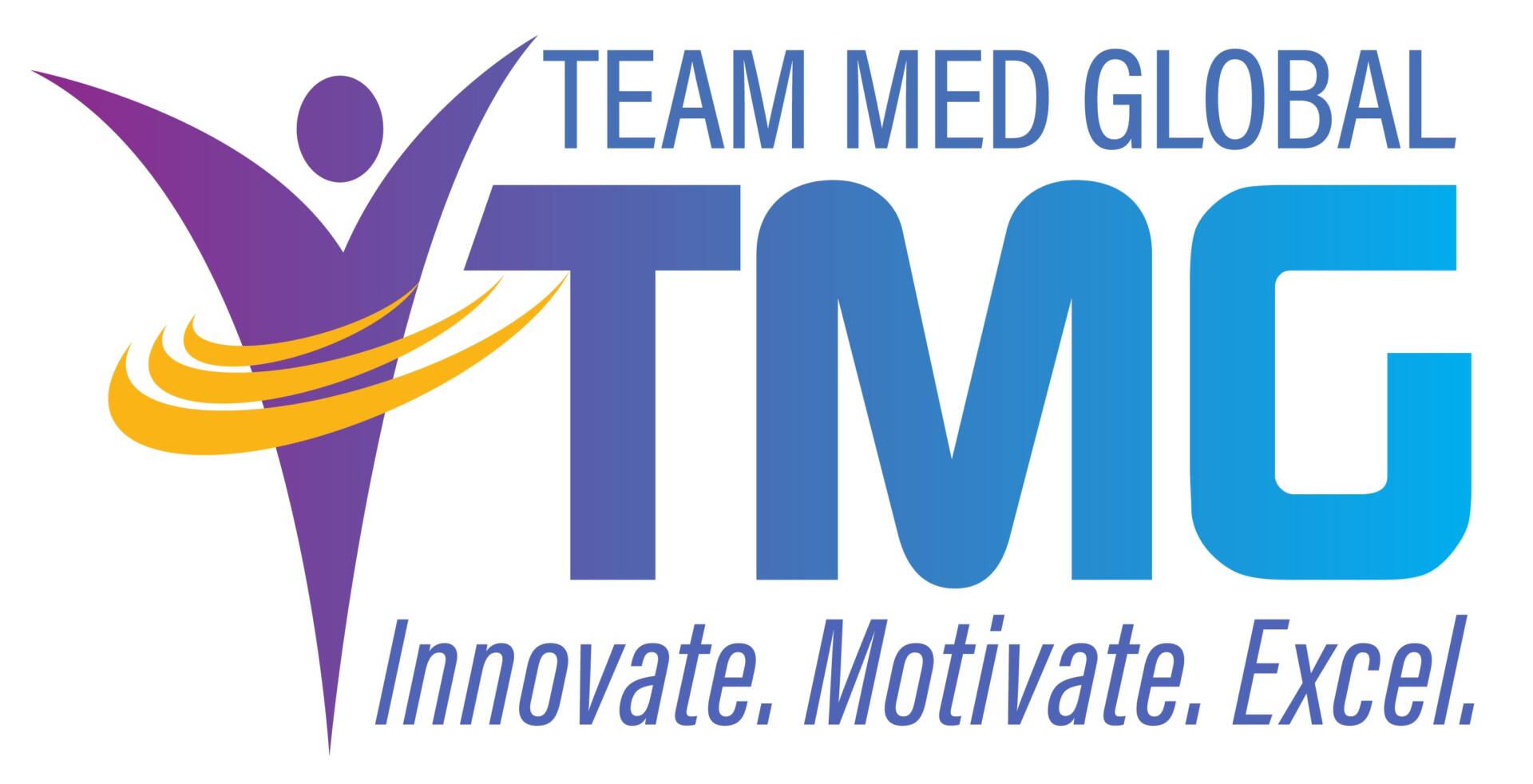 In an environment characterized by mounting administrative complexities and relentless pursuit of efficiency, project management stands out as a linchpin for MSP success. Project management is a key area of knowledge in TMG’s EMSP Core Competency Model, which serves as a blueprint for MSP excellence. When we have strong project management skills, we’re empowered to navigate through the labyrinth of credentialing processes, orchestrate meetings with precision, and drive initiatives that are pivotal for patient safety, reimbursement optimization, and medical staff support.
In an environment characterized by mounting administrative complexities and relentless pursuit of efficiency, project management stands out as a linchpin for MSP success. Project management is a key area of knowledge in TMG’s EMSP Core Competency Model, which serves as a blueprint for MSP excellence. When we have strong project management skills, we’re empowered to navigate through the labyrinth of credentialing processes, orchestrate meetings with precision, and drive initiatives that are pivotal for patient safety, reimbursement optimization, and medical staff support.
Importance of Project Management Skills for MSPs
Efficiency and Productivity: As MSPs, we’re tasked with juggling numerous responsibilities. Proficient project management skills enable us to plan, execute, and close projects effectively, ensuring that our departments run smoothly and efficiently.
Regulatory Compliance: As MSPs, we must navigate bylaws, accreditation standards, and regulations. Project management skills allow us to meticulously plan and ensure compliance, preventing costly and damaging repercussions.
Team Collaboration: Because MSPs often work within multidisciplinary teams, it’s imperative that we foster a collaborative environment. With sound project management skills, we can facilitate effective communication and cooperation among team members, driving the team towards achieving shared objectives and goals.
The Components of Project Management
Planning and Organization: Mastery in planning and organization is crucial. We need to set clear project objectives, identify required resources, and create a structured roadmap for achieving our goals. Proper planning also entails prioritizing tasks effectively to ensure timely completion of all project components.
Risk Management: Every project comes with its own set of risks and uncertainties. We must be adept at identifying potential risks early in the project life cycle and developing strategies to mitigate these risks. This proactive approach helps avoid significant hurdles down the line.
Communication Skills: Effective communication is vital as we interact with various stakeholders. Being able to convey information clearly, concisely, and persuasively helps ensure that team members are aligned and stakeholders are informed.
Problem-Solving Skills: Issues and challenges are inevitable in any project. As MSPs, we need to possess the ability to quickly identify and address problems as they arise. This involves analytical thinking and the application of systematic approaches to devise practical solutions.
Technology Literacy: With the proliferation of digital tools and software designed to aid project management, we need to be comfortable with and proficient in using technology. Familiarity with project management software, spreadsheet applications, and communication platforms is essential for efficient and effective project execution.
Time Management: Efficient time management is pivotal as we’re often working under tight deadlines. When we wisely allocate our time among various tasks, we ensure that each component of the project receives the attention it requires without unnecessary delays.
Stakeholder Management: Understanding and managing the expectations and needs of different stakeholders is vital. This involves building and maintaining strong relationships with all parties involved, from healthcare providers to administrative staff to regulatory bodies.
Beyond the Basics: Continuous Improvement
Because the environments in which we work are dynamic, MSPs should both master fundamental project management skills and engage in continuous learning and improvement.
Professional Development: As MSPs, we should actively pursue opportunities for professional development. Attending workshops, seminars, and certification programs can enhance our project management skills and keep us abreast of industry trends and best practices.
Mentorship: Engaging with experienced mentors in the field can provide invaluable insights and guidance. Mentorship helps us navigate our career paths, tackle challenges, and develop strategies for success.
Feedback Mechanism: Establishing a system for receiving and providing feedback is vital for continuous improvement. Feedback from our peers, supervisors, and subordinates can offer us a different perspective, highlighting areas for improvement and acknowledging success.
As MSPs, we need to equip ourselves with project management skills to excel in our roles. These skills not only help in delivering value through efficient and compliant services but also contribute significantly to the overarching goal of providing quality patient care. Continuous development of these skills is essential for success as MSPs.
TMG University’s Certificate in Leadership Excellence is an accelerated program designed to create mastery in 19 realms, including project management. Watch for a live course and an on-demand course in early 2024.

